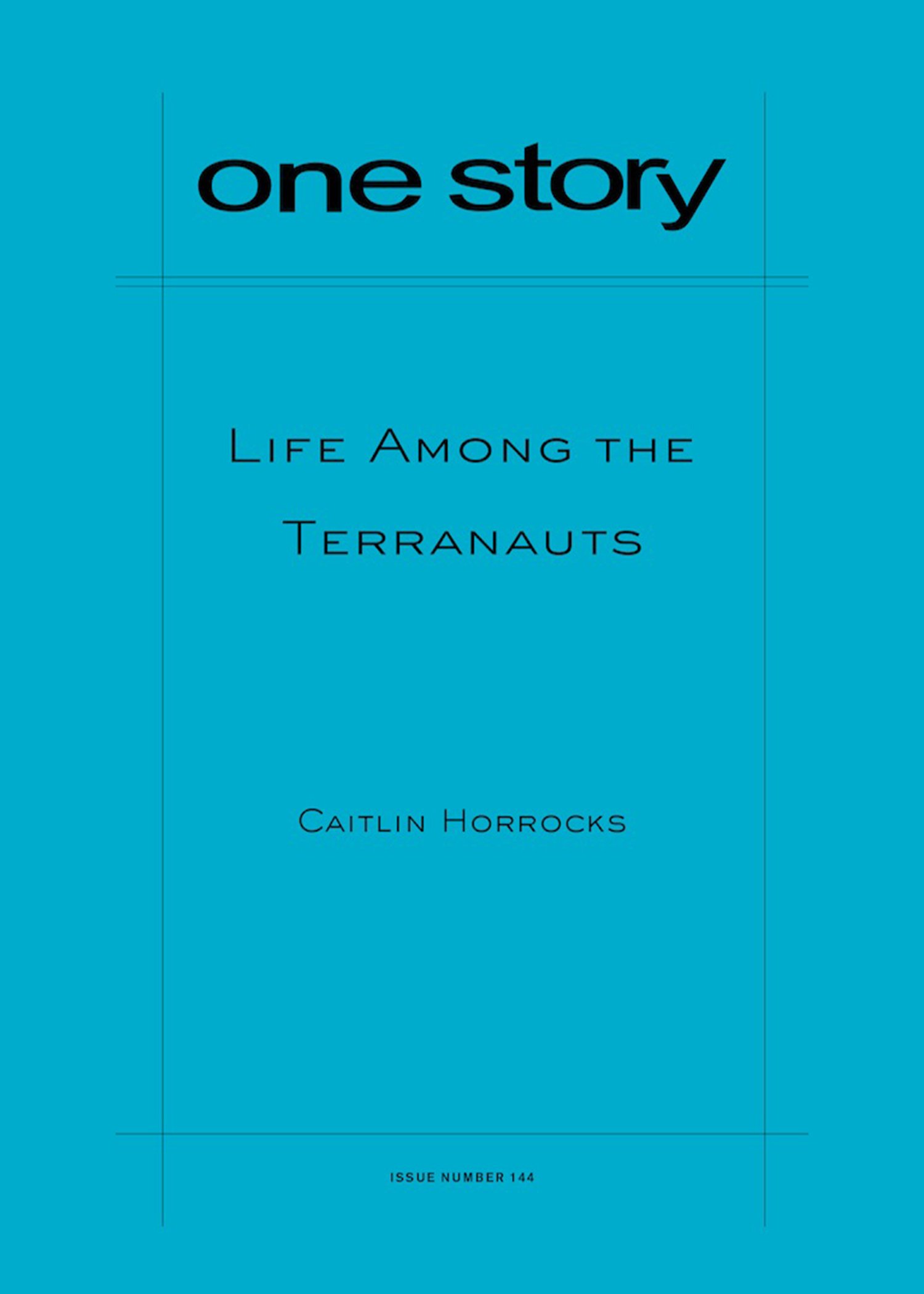
Life Among the Terranauts
$2.50
45 in stock
Excerpt
We all have our favorite places: Campbell lies on the beach while Esparza takes the dinghy out on the ocean. Park’s in the lab, Bhatnagar’s in the savanna. No one hangs out in the swamp, because that’s the bio-remediation site. Wastewater treatment. I can appreciate the science, but I don’t want to hike there. Igor and I, we’re below decks. We roam the tunnels because they’re something real, real pipes, real intake and outflow and monitoring stations. We trade the bleached light above ground, the desert sun pouring in past white-painted steel girders and triple-layered glass, for the concrete comfort of mechanism. We don’t need the labels—Desert Basement, Upper Rainforest, Ocean Filtration—to know where we are. We have been in NovaTerra for 542 days and when I stand in the blast of air below the habitat cooling system I think I can last for the 188 more. At night Igor and I go to the North Lung and listen to our voices reverberate in the dark. It feels like a church, peaceful and echoing. A giant temple of nothing but air.
Caitlin Horrocks
Caitlin Horrocks’ debut short story collection, This Is Not Your City, is forthcoming from Sarabande Books. Stories from the collection appear in The PEN/O. Henry Prize Stories 2009, The Pushcart Prize XXXV, The Paris Review, Tin House, and elsewhere. Her awards include the Plimpton Prize. She teaches at Grand Valley State University in Grand Rapids, Michigan.
Q&A by Tanya Rey
- TR: Where did the idea for this story come from?
- CH: Awhile, though this was strung out over some time. I worked on the piece for a month and then abandoned it for dead. But the story would not compost down and so I resurrected it and with the help of the incomparable Hannah Tinti, worked through some of its entanglements and found the nuggets that needed to stay. I wish there was some visually appealing way to track and show a story’s changes—to show its contractions and expansions, places of fast and slow work; the delicate bird-like tweaks here and there. After all was said and done, it was three months of work end to end, but strung out over six months. Life and work are not linear processes for me.
- TR: What was the most challenging aspect of writing this story?
- CH:
- TR: So let’s cut to the chase (pardon the pun): Does Igor end up eating the narrator? Or does she manage to make it out alive?
- CH:
- TR: The use of faith and religion is so interesting in this story. Can you talk a little bit about that? Have you ever had any experiences with people like Igor or the Apostle?
- CH:
- TR: I found the descriptions of NovaTerra to be really skillfully done. Now that I know the setting was largely based on that of Biosphere What was the most challenging aspect of writing this story, I’m wondering: Was it a challenge to distinguish the actual place from what you imagined, and make it your own for this story?
- CH:
- TR: Do you typically write stories that take place in unusual settings? What usually draws you in? Is it setting? Character? Voice?
- CH:
- TR: All of the characters in this story have very unique last names that they go by, but the narrator is never named. Why? Was this a conscious choice from the start?
- CH:
- TR: Do you like beets?
- CH:
- TR: How long did it take you to complete this story?
- CH:
- TR: What are you working on now?
- CH:
- TR: What is the best bit of advice about writing you have ever received?
- CH:
